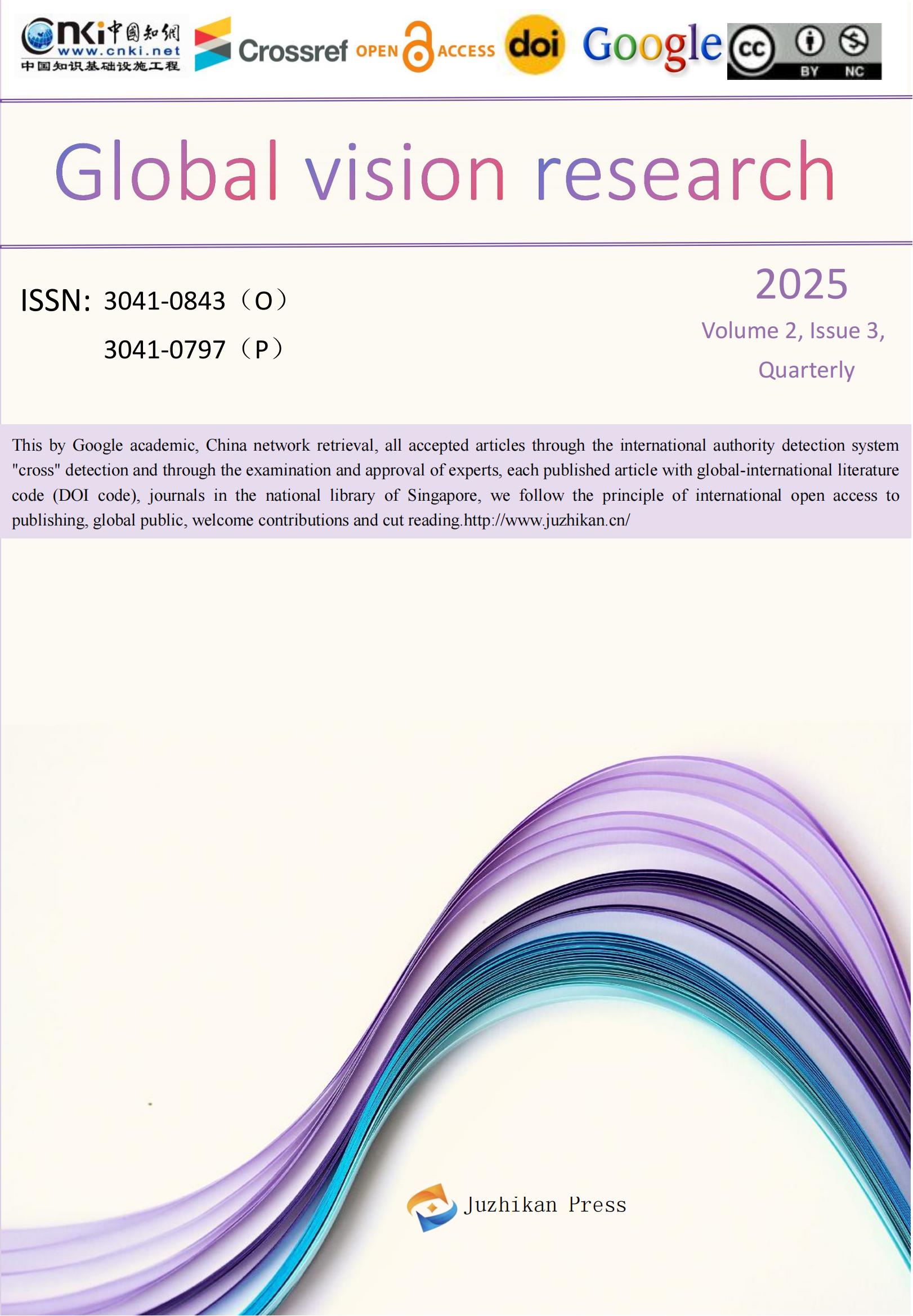
 info@juzhikan.asia
info@juzhikan.asia
 info@juzhikan.asia
info@juzhikan.asia
The Guiding Role of Digital Technology on Sustainable Consumption Behavior in the Global Marketing of Fashion Brands from a Management Perspective
Zhang Jiaqi
Macau University of Science and Technology,China Macau,999078;
Abstract:Against the backdrop of global marketing for fashion brands, guiding sustainable consumption behavior has become increasingly crucial. This paper delves into the guiding role of digital technology on sustainable consumption behavior during the globalization process of fashion brands from a management perspective. Through research on relevant theories and practical case studies, it reveals how digital technology influences consumer cognition, attitudes, and purchase decisions, providing theoretical support and practical guidance for fashion brands to utilize digital technology to promote sustainable development.
Keywords: Digital Technology;Fashion Brand Globalization;Sustainable Consumption Behavior;Management Strategy
References
[1]Bain & Company. (2023). Global luxury goods worldwide market study. Bain & Company Publishing.
[2]Drucker, P. (1985). Innovation and entrepreneurship: Practice and principles. Harper & Row.
[3]Edelman. (2023). Trust barometer special report: Sustainability and brand trust. Edelman Intelligence.
[4]Euromonitor International. (2023). Sustainability and localization in emerging markets. Euromonitor Passport.
[5]Vassalo, A. L., Marques, C. G., Simões, J. T., Fernandes, M. M., & Domingos, S. (2024). Sustainability in the fashion industry in relation to consumption in a digital age. Sustainability, *16*(13), 5303. DOI:10.3390/su16135303
[6]Adidas AG. (2023). Localized sustainability communication: Durability vs. transparency in emerging vs. mature markets.
[7]H&M Group. (2023). Annual sustainability report 2023: AI-driven supply chain decarbonization. https://csrone.com/news/5973
[8]IBM. (2021). Blockchain pilot with Walmart: Reducing supplier response time by 38% in fashion logistics.
[9]Inditex. (2023). Annual report 2022: Global expansion and digital integration. Inditex Group.
[10]Kantar. (2023). #SustainableFashionAlliance campaign analysis: Peer influence on eco-purchases
[11]Think!First Project. (2021). Inducing behavioural change through gamification, persuasive design and machine learning in e-commerce. Procedia Computer Science, *180*, 229–238.
[12]Kering. (2023). Chief Sustainable Growth Officer inaugural report: Strategic technology allocation framework.
[13]Xin, G., Song, Y., et al. (2025). Sustainable potential of digital fashion in the metaverse ecosystem: A game-theoretic analysis. Journal of Retailing and Consumer Services, *78*, 103456. https://cem.sdust.edu.cn/info/1030/6706.htm
[14]Lululemon Athletica. (2023). Impact report 2023: Community, sustainability, and digital engagement. Lululemon Inc.
[15]MDPI. (2025, May 2). Sustainable consumption and branding for Gen Z. Sustainability, 17(9), 4124. https://www.mdpi.com/2071-1050/17/9/4124
[16].Patagonia Inc. (2023). Environmental and social initiatives report 2023. Patagonia Works.
[17]SDGs Review. (2024, December 10). Digital marketing for behavioral change: Encouraging sustainable consumer practices. Lifestyle Journal. https://sdgsreview.org/LifestyleJournal/article/view/3866